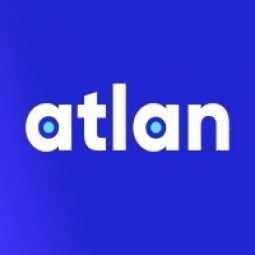Atlan
Case Studies
Agile Sprints and Modern Data Platform: TechStyle's Transformation Journey
Overview
 |
Agile Sprints and Modern Data Platform: TechStyle's Transformation JourneyAtlan |
Analytics & Modeling - Predictive Analytics Platform as a Service (PaaS) - Application Development Platforms | |
Buildings E-Commerce | |
Warehouse & Inventory Management | |
Picking, Sorting & Positioning Time Sensitive Networking | |
Data Science Services System Integration | |
Operational Impact
| The implementation of Atlan and the new data warehouse has significantly improved TechStyle's data documentation and visibility. The company has been able to create a replicable documentation process through agile, iterative experimentation. They started with one use case as their initial prototype on Atlan and used their learnings to quickly create and validate new company-wide documentation standards. The team also used Agile sprints to quickly experiment, document, and carry learnings forward, making documentation part of everyday work. This has helped to build a culture around data documentation at TechStyle. The rollout of the new data warehouse and the improved documentation process has provided a valuable opportunity for the company to create a shared workspace where data and business alike, across different teams or brands, can work together seamlessly to tackle any business problem. | |


